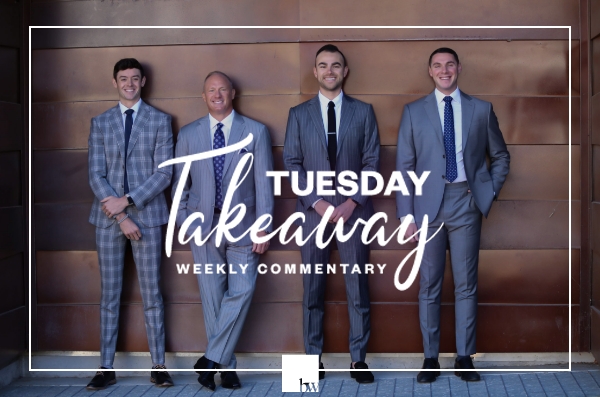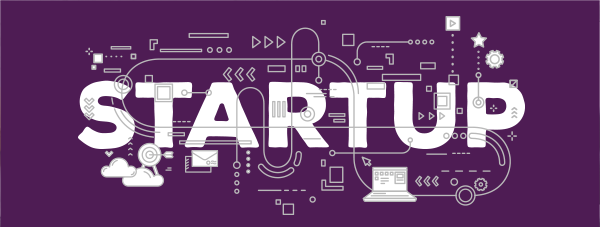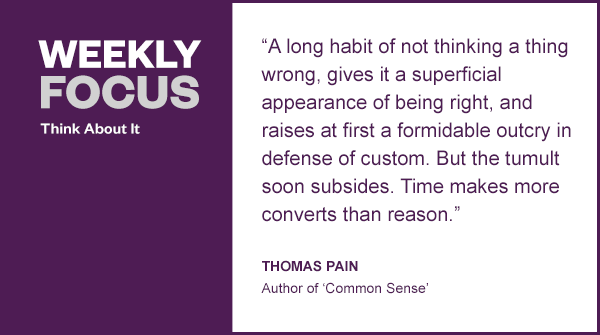
Market Insights:
January 2, 2024
Posted on January 02, 2024
Planning and Guidance, Tailored To Your Life and Goals
Tuesday Takeaway
Posted on October 20, 2020

It was a turbulent week for investors.
Waves of positive and negative news buffeted financial markets last week:
The financial sector delivered upbeat earnings news
Currently, many financial companies in the Standard & Poor’s 500 Index have reported third quarter earnings and have done better than expected. Despite upbeat earnings, some companies’ shares declined because of uncertainty about the path of economic recovery. If recovery continues, some banks may have excess reserves; however, if recovery falters and a double-dip recession occurs, banks may need to add to reserves, reported Barron’s.
Coronavirus cases surged across the United States and Europe
A rapid rise in the number of COVID-19 cases worried investors at home and in Europe. New restrictions intended to slow the spread of the virus were implemented in France and the United Kingdom. A source cited by Financial Times reported, “…economists and investors had not expected governments to allow the virus to reach the point it has now.”
Two treatment and vaccine trials paused
The surge of new cases was compounded by setbacks in the search for effective coronavirus treatments and vaccines. Two COVID-19 trials, one for a treatment and one for a vaccine, were temporarily put on hold because of safety concerns.
Retail sales were strong, but manufacturing and industrial production weren’t
Last week, economic data provided a mixed picture of the economy. On the plus side, September’s retail sales were stronger than expected despite the tapering of unemployment benefits. On the negative side, U.S. manufacturing and industrial production both came in below expectations, reported Financial Times.
The number of Americans filing for unemployment benefits increased
The number of people filing for first-time unemployment benefits was higher than expected, and higher than it had been for the past two weeks, even though California had temporarily stopped processing new claims. Almost 3 million people filed for extended benefits, meaning they’d been unemployed for 26 weeks or more. Overall, more than 25 million people relied on unemployment benefits last week.
Major U.S. stock indices eked out gains last week.


In theory, we think of all money in the same way. In practice, we don’t.
Money is fungible. That means one dollar has the same value as another dollar or four quarters or ten dimes or 100 pennies. If you are buying something valued at $1.00, you can purchase it with $1.00 in bills or coins.
However, when making financial decisions, people tend to engage in something called mental accounting. One aspect of mental accounting is assigning labels that identify the intended purpose of money. Sometimes this decision-making shortcut can improve financial choices. Other times, it can produce a financial setback.
Mental accounting often guides spending and saving decisions
A common mental shortcut is budgeting. People and companies rely on budgets to help them make sound financial decisions. Typically, budgets allot specific amounts of income to spending and saving. For an individual:
When people categorize money, they are reluctant to spend it on other things. Behavioral Economics reported, “When a resource [in this case, money] is divided into smaller units…consumers encounter additional decision points – a psychological hurdle encouraging them to stop and think…opening a partitioned pool of resources incurs a psychological transgression cost, such as feelings of guilt.”
In other words, your brain will be reluctant to spend your retirement savings on a vacation.
Some shortcuts lead to irrational financial decisions
Mental accounting is a double-edged sword. If people do not think flexibly then mental accounting can cost them. For instance, focusing too intensely on labels can result in decisions that hurt your financial position rather than help it. Kiplinger’s provided an example:
“Mental accounting leads us to hoard money in a savings account that earns 0.3 percent interest while keeping a high balance on a 15 percent-interest credit card. We like the psychological comfort we get from having money in the bank, even though transferring cash from savings to pay off a credit-card balance can essentially ‘earn’ us a quick 14.7 percent.”
Like many things, mental accounting can be helpful or hurtful, depending on how it’s applied.

The US Census’ release of Q3 business data shows that business applications, as of October 3, 2020, were up 40% year-over-year. That’s a record! While it seems contradictory to start a business in the midst of a pandemic, it’s even more puzzling because new-business creation has been decreasing for decades.
Before 2020, a stagnant population and fear of competing with large, established companies kept people from starting new businesses. But, The Economist says, the government’s spring stimulus package clearly favored income protection over job protection. So, when folks lost their job, they had a little financial security to convince them to start a new business.
Of course, some people speculate so many new businesses sprang up to take advantage of stimulus monies for small businesses. Whatever the case, it’ll be interesting to follow new-business creation into 2021, and see which ones go away and which ones grow up to be an Airbnb or a Groupon (both of which were founded during the great recession of 2008).
